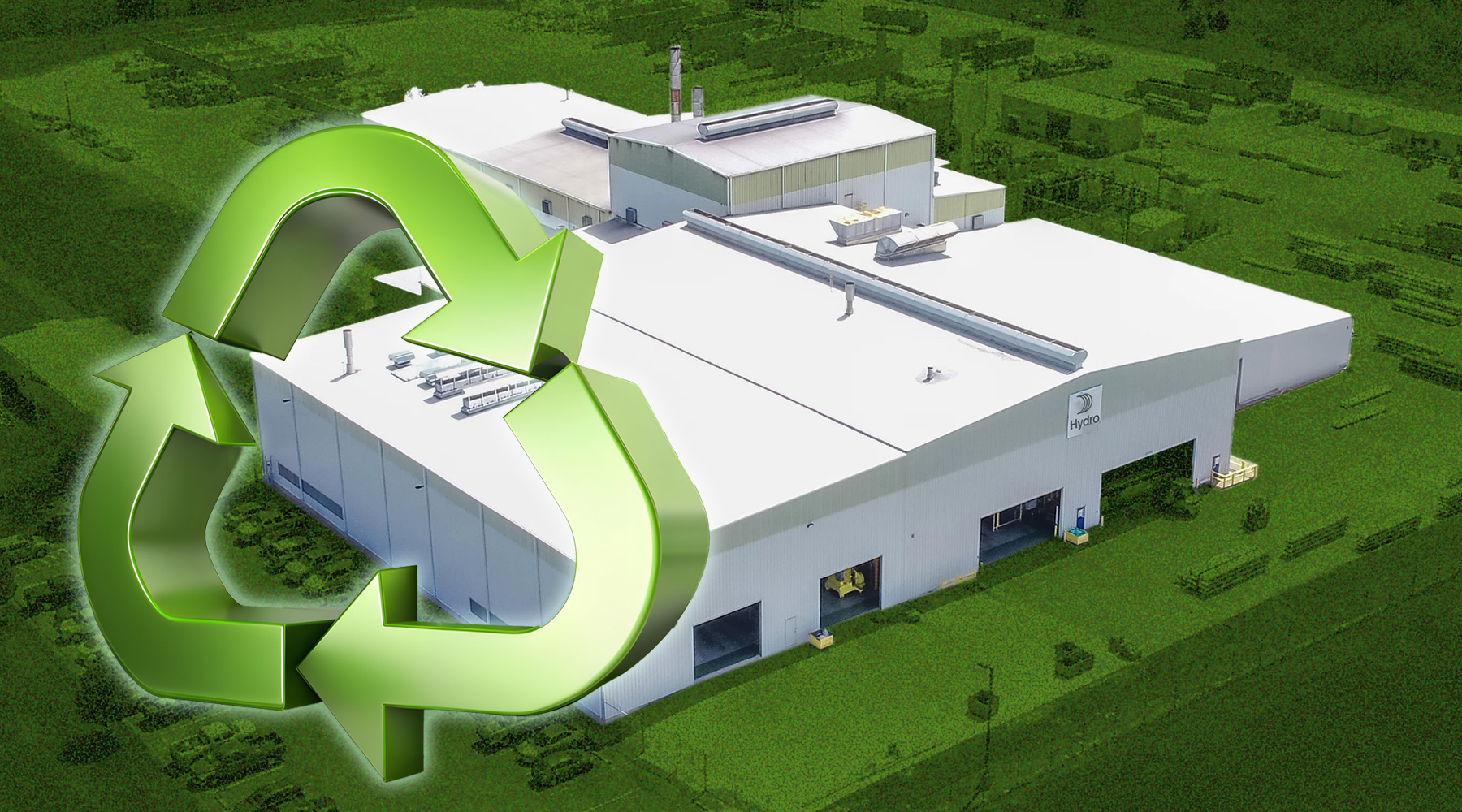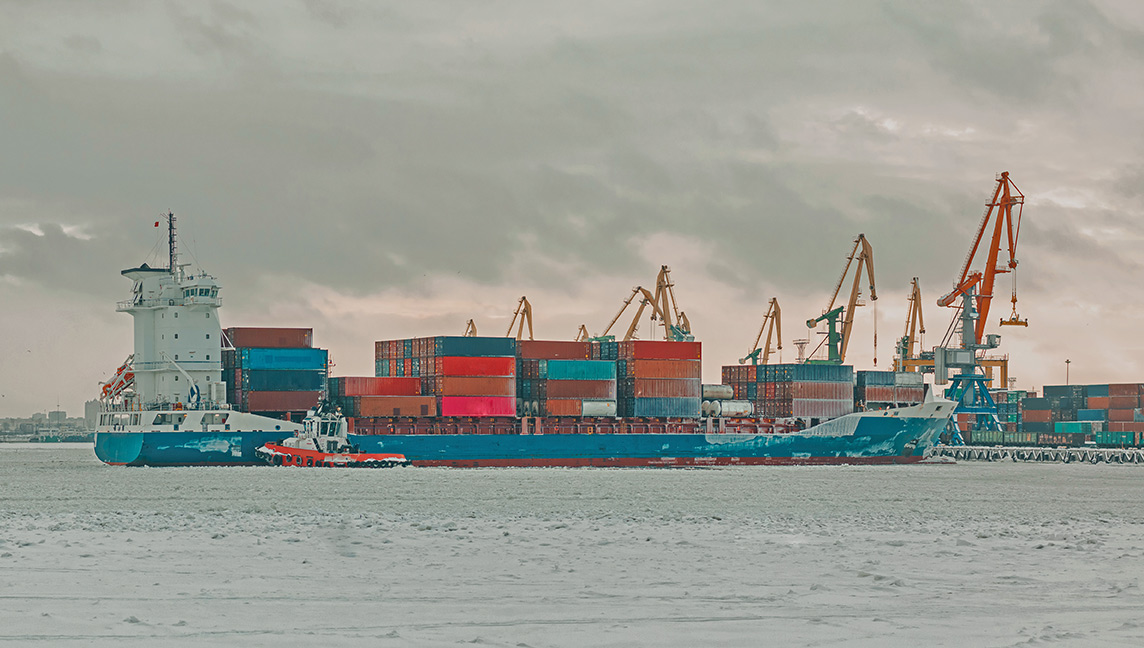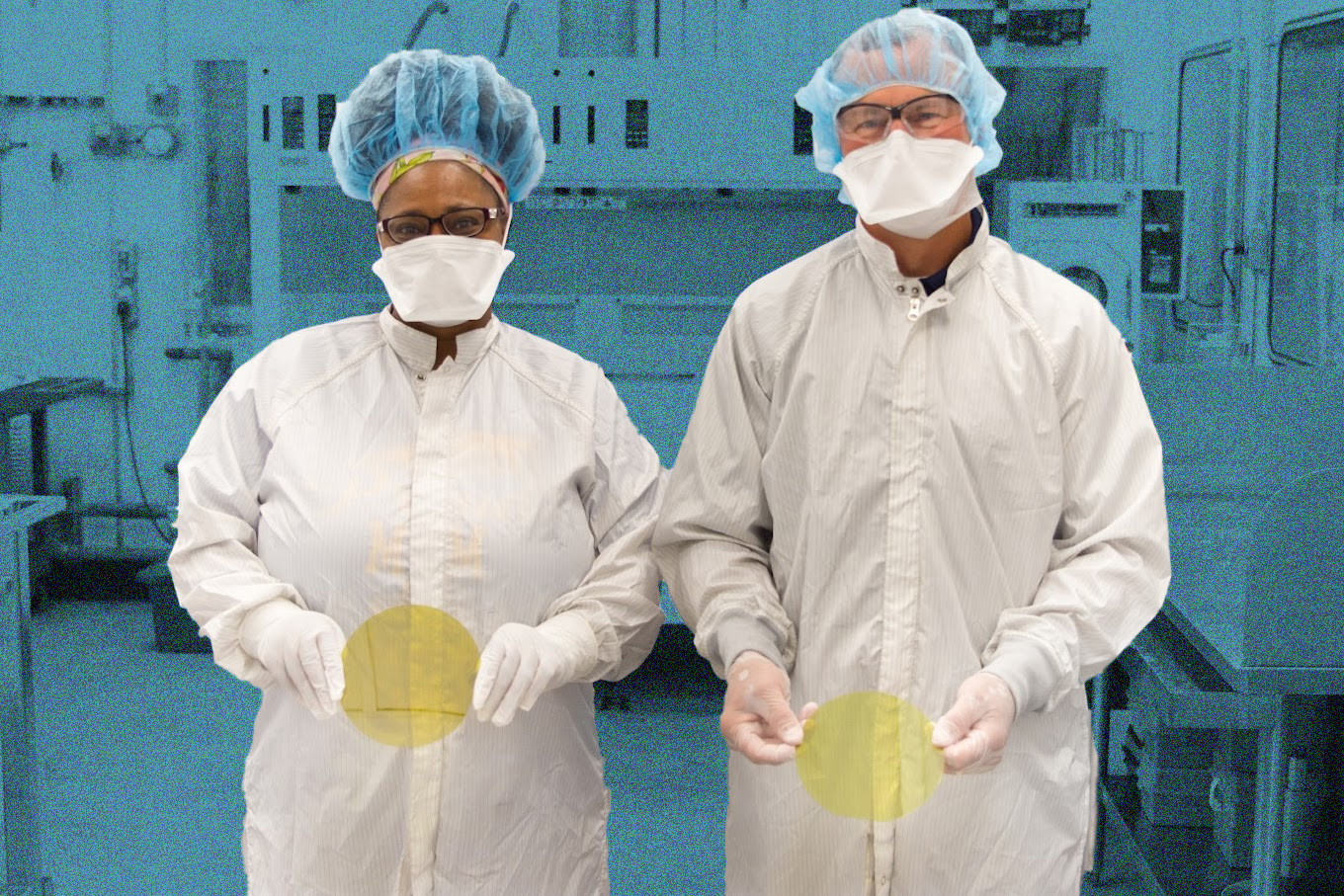Three Key Facts:
-
- Norwegian company Hydro has opened a $150 million aluminum recycling plant in Southwest Michigan.
- The new plant brings 70 new jobs to the region.
- The aluminum produced at the plant is made of 75% post-consumer scrap and boasts a market-leading, minimal CO2 footprint.
-
The new plant brings 70 new jobs to the region and expects to produce 265 million pounds of recycled aluminum annually
The Norwegian company Hydro has opened the doors of its new $150 million aluminum recycling plant in Cassopolis. The company expects to produce 265 million pounds of recycled aluminum per year at the site.
Hydro has hired 70 new employees at the location. This is its third recycling plant in the United States but the first to manufacture “Circal” – Hydro’s recycled aluminum made with at least 75% post-consumer scrap sourced from neighboring states and local suppliers.
The Cass County plant is now the largest producer of Circal globally. The product boasts a “market-leading carbon footprint” of just 1.9 kilograms of carbon dioxide per kilogram of aluminum – or less than 4.2 pounds.
The plant will first serve non-automotive customers, but Hydro expects strong demand for Circal in the automotiveonce testing is complete. Aluminum is a strong, tough and elastic material, but it is also corrosion-resistant and lightweight, making it a natural choice for automakers. Company officials believe the Circal produced by the Cassopolis plant will boost automotive innovation and sustainability.
Incentives from the Biden-Harris Inflation Reduction Act attracted businesses like Norsk Hydro that are working to speed up the industrial shift to low-carbon emissions while creating good jobs and growing Michigan’s economy.
Demand for aluminum has grown steadily in recent years. Both commercial and residential builders are using aluminum more. Many energy products also rely on aluminum, including solar panel installations. Emissions reduction programs supported by the Inflation Reduction Act are also increasing the market for aluminum.
“We have been in business for as long as Michigan has been making cars, and with manufacturers switching to electric vehicles, the automotive industry is where the benefits of lightweight and infinitely recyclable aluminum really can make a difference to consumers looking to reduce transport costs and emissions,” Hilde Aasheim, president and CEO of Hydro, said in a statement. “With the automotive industry embarking on its biggest transformation since the assembly line, the state of Michigan is fundamental as consumers go electric.”





